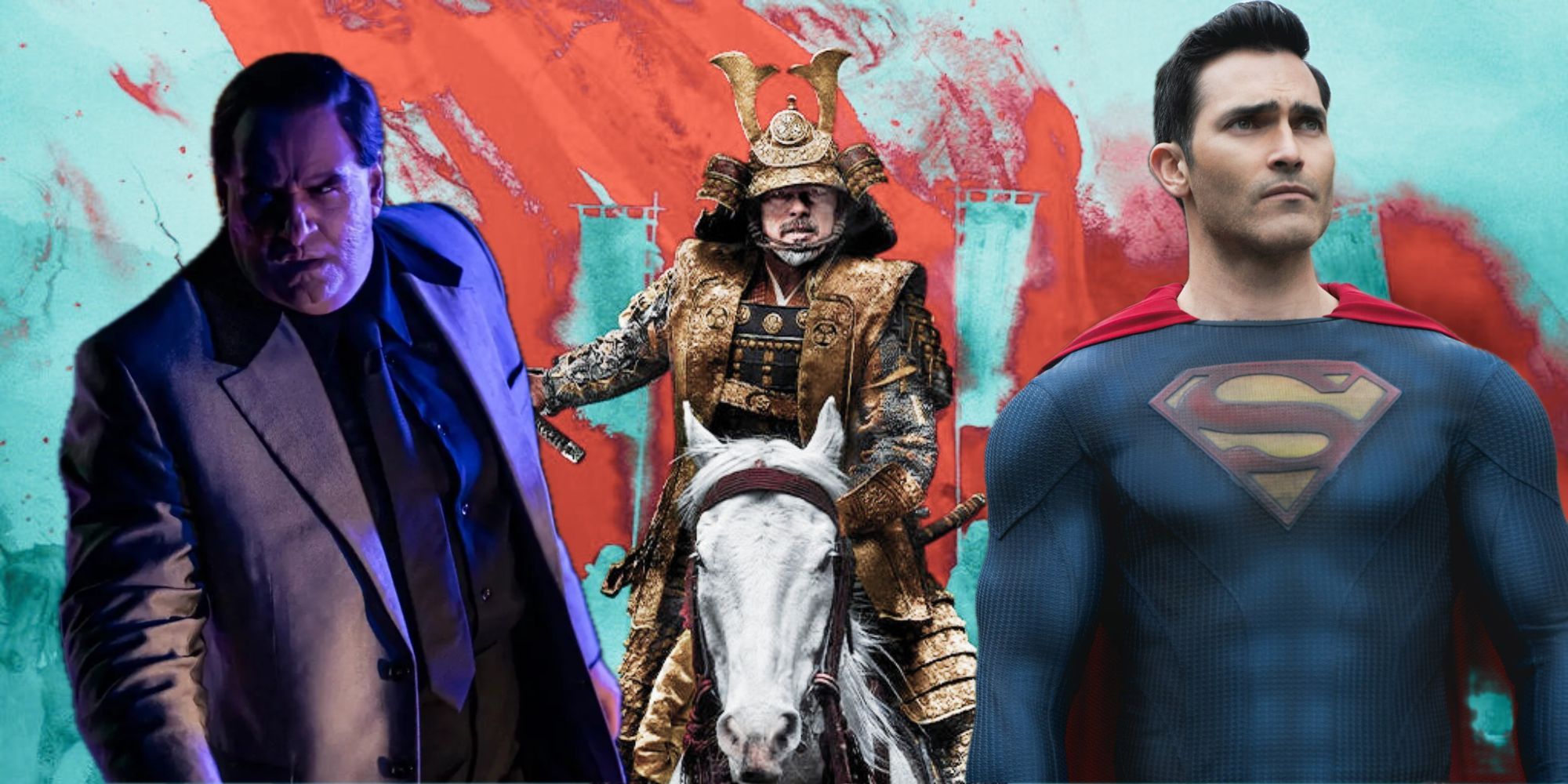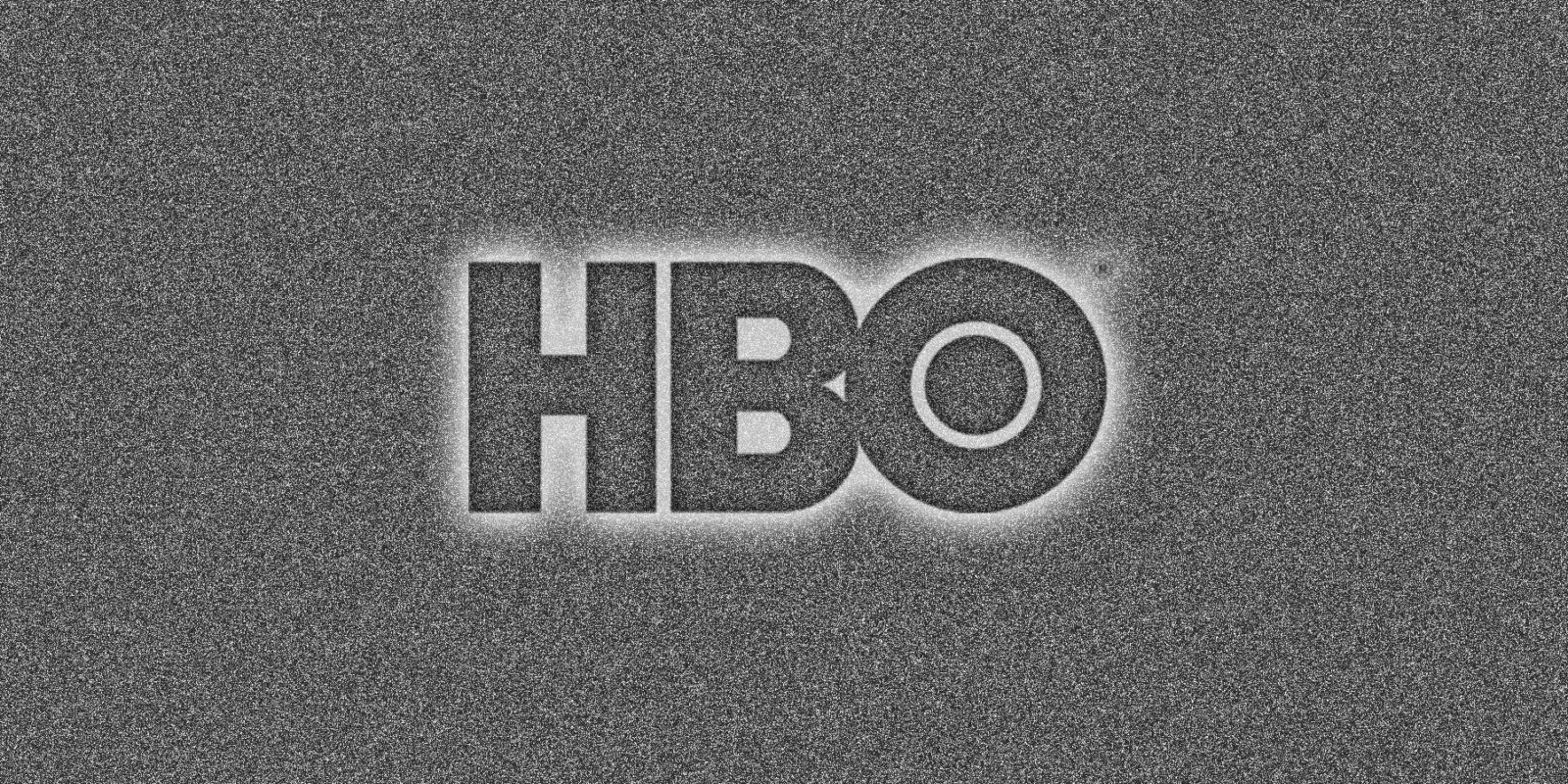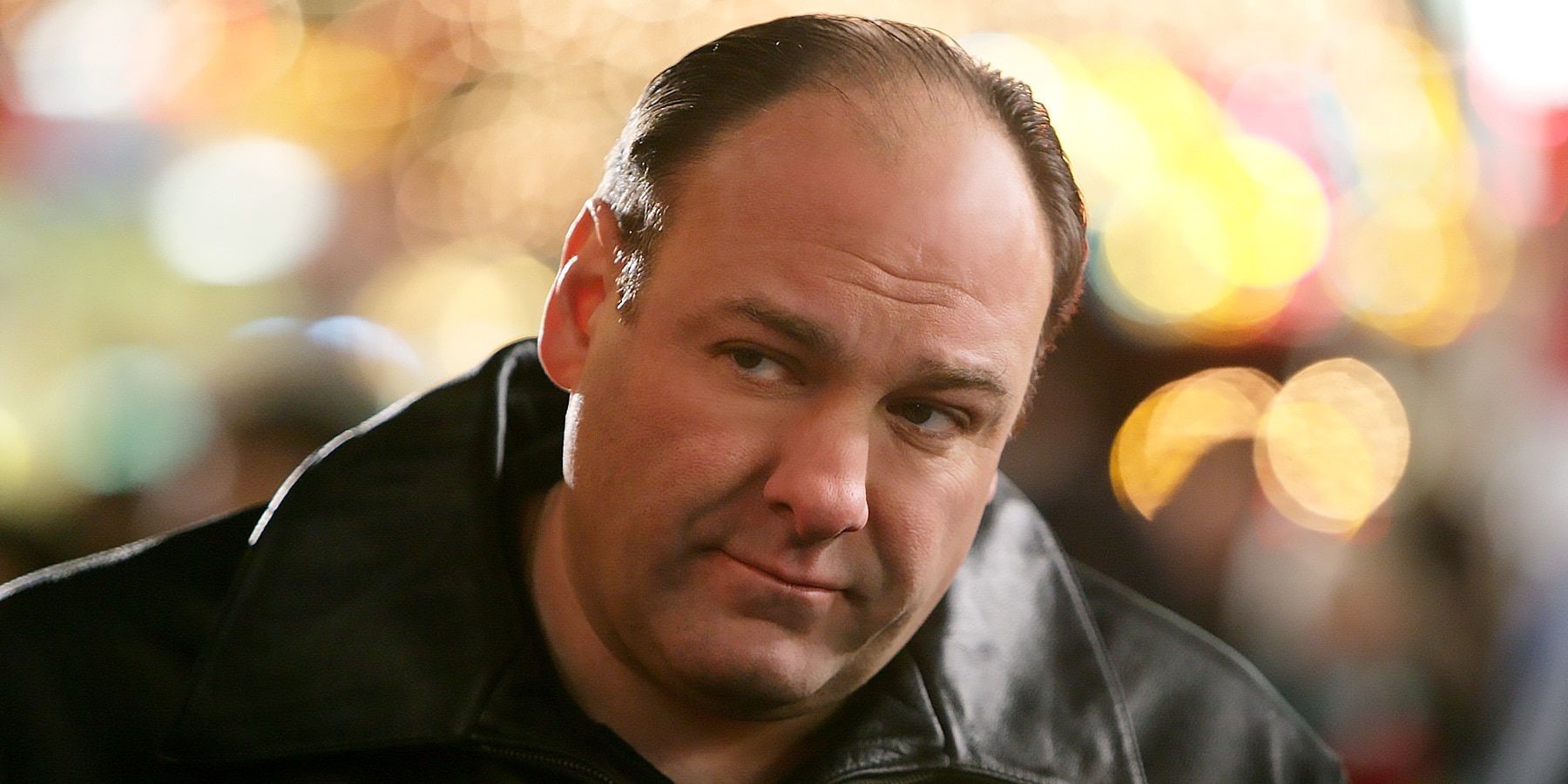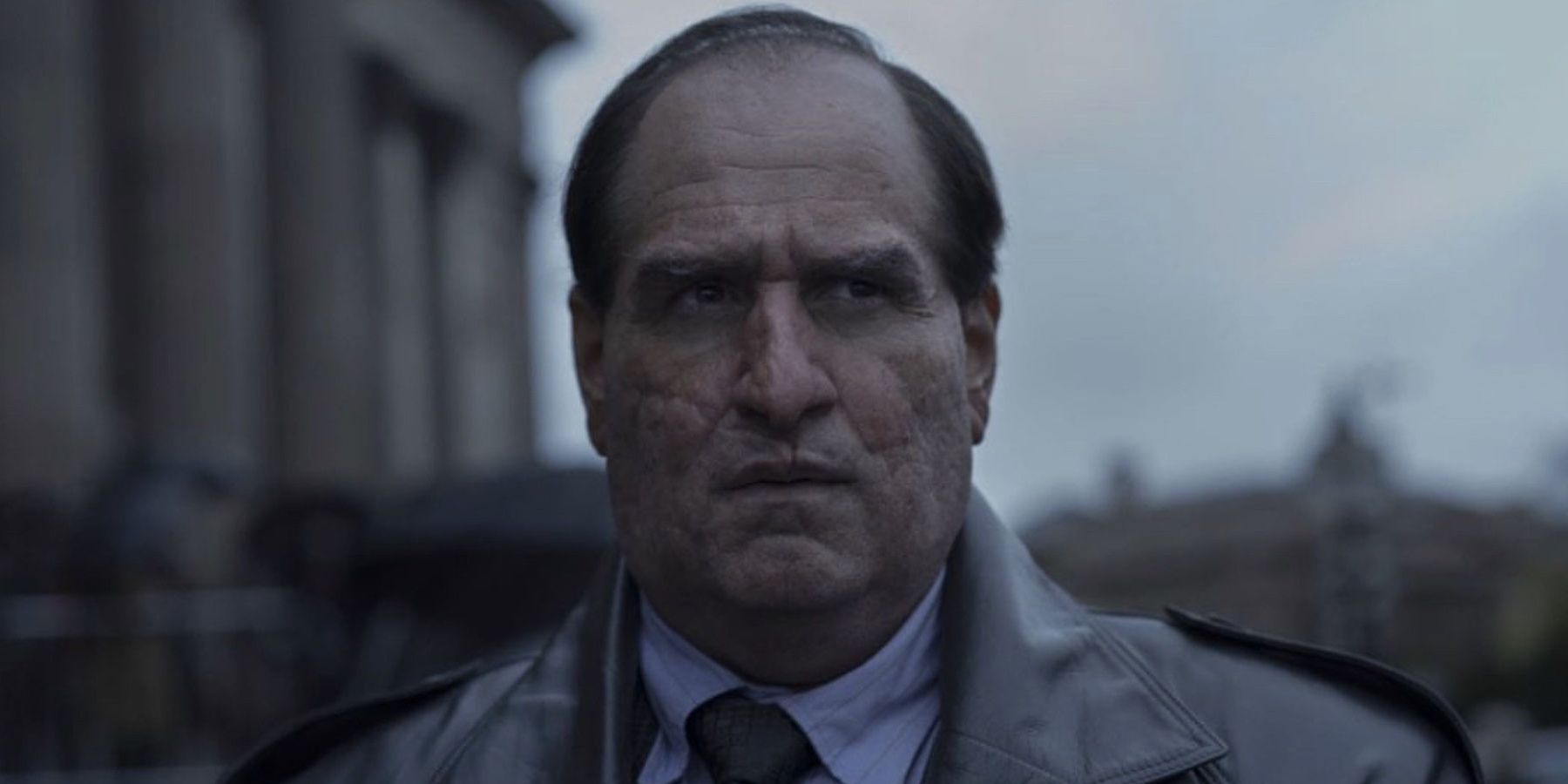Few networks can lay claim to creating the modern TV landscape as much as HBO. Beginning in the late 90s, the premium cable network basically single-handedly defined the idea of “prestige TV” in the popular imagination, releasing a near-constant stream of boundary-pushing shows that gave audiences a new concept of what episodic entertainment could do. While not every series they greenlit was a huge success, the list of projects that are considered modern TV classics is astonishing, from The Sopranos to Deadwood to The Leftovers and beyond.
But today, the landscape of television is very different, and HBO is no exception. In the last couple of years, the network that once helped to ignite a prestige TV arms race has largely focused on releasing big-budget series based on its parent company’s IP, and spinoffs of some of its most popular past successes. While they managed to weather the rise of streaming in the 2010s, much of their original programming has been skipping HBO altogether and ending up straight on Max. So does HBO have a home in the TV landscape of the future, and what does that future look like?

Related
Our Favorite TV Shows of 2024 (Network & Cable)
Some of the best shows of the year weren’t released on streaming and were instead found on traditional cable and network channels.
HBO’s Massive Influence
When thinking about HBO’s future, it’s worth taking a look at just how big their influence has been. Before their stellar run, television was often considered a lesser form of entertainment than cinema, and big-name stars rarely took jobs as series regulars. Nowadays, some of the biggest stars in the business regularly mix TV and film projects, from Nicole Kidman to Cate Blanchett to Harrison Ford. Much of this can be traced back to HBO’s success at showing how a great TV role could do as much for an actor’s career as a blockbuster film.
HBO’s success also inspired other networks to take bigger risks, leading to possibly TV’s most fruitful creative era in the late 2000s and early 2010s. Networks like AMC had their own victories with the likes of Mad Men and Breaking Bad, and FX series like Atlanta and Fargo pushed the boundaries of what an episode or a season of TV could do. Even as streaming became the dominant form of entertainment for many, these networks and others proved that linear TV could still play a big role.
But in the wake of some major corporate mergers, things started to change. For HBO, that came in the form of the Warner Bros Discovery merger, when their former parent company AT&T spun Warner Media out into a separate company, buying up Discovery’s assets and fusing the two companies together into its current incarnation.
Led by CEO David Zaslav, Warner Bros Discovery has developed a reputation as a creator-unfriendly company, killing whole almost completed projects like Batgirl or Coyote vs. Acme for a tax write-off and taking numerous animated series off streaming with little notice even to the creators. Since the merger was finalized in 2022, HBO’s programming has changed drastically.
HBO’s Present and Future
The HBO of today looks very different from the HBO of a few years ago, a reflection of the struggles of the entertainment industry in a post-pandemic world. In 2024, its biggest original series were largely based on Warner’s existing IP like The Penguin and Dune: Prophecy, or spinoffs of previous hits like House of the Dragon. Some ongoing series from HBO’s heyday, like The Righteous Gemstones and True Detective, continue to survive in some form, but there have been few new series to replace outgoing ones.
Looking at 2025, this trend seems to only be increasing. So far, HBO’s 2025 line-up includes another Game of Thrones spinoff (A Knight of the Seven Kingdoms) and a series set in the world of IT (IT: Welcome to Derry). Future projects announced include a new Harry Potter series and more trips to James Gunn’s DCU. Over on the comedy side, there is some reason to be hopeful, with the likes of Tim Robinson and Zach Kanin’s The Chair Company and an as-yet untitled project from Rachel Sennott, but scripted dramas seem to be less of a priority going forward.
This isn’t to say that these series won’t be up to the level of quality that audiences have come to expect from HBO, and previous series like 2019’s Watchmen prove that preexisting IP can still work wonders when put in the right hands, but the network seems far less willing to take risks on projects that don’t have a built-in audience than they have previously.
HBO certainly isn’t alone in this trend. Streaming services like Netflix, previously flush with venture capital money and willing to greenlight all kinds of daring projects, have also become much more risk-averse in recent years. Streamers that previously upended the entertainment business have been operating much more like traditional media companies as they’ve struggled to turn a profit, raising prices and relying on ad revenue more than in years past.
Time will tell if this approach represents the future of HBO or just a temporary slow period as they attempt to right their financial ship, but some ongoing series have managed to sneak through and offer glimmers of hope. Last Week Tonight continues to drive the conversation in political comedy, and Julio Torres’ Fantasmas offers an utterly unique point of view. Hopefully going forward, these sorts of trailblazing series won’t become more and more the exception to the rule.














Leave a Reply